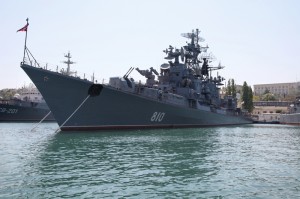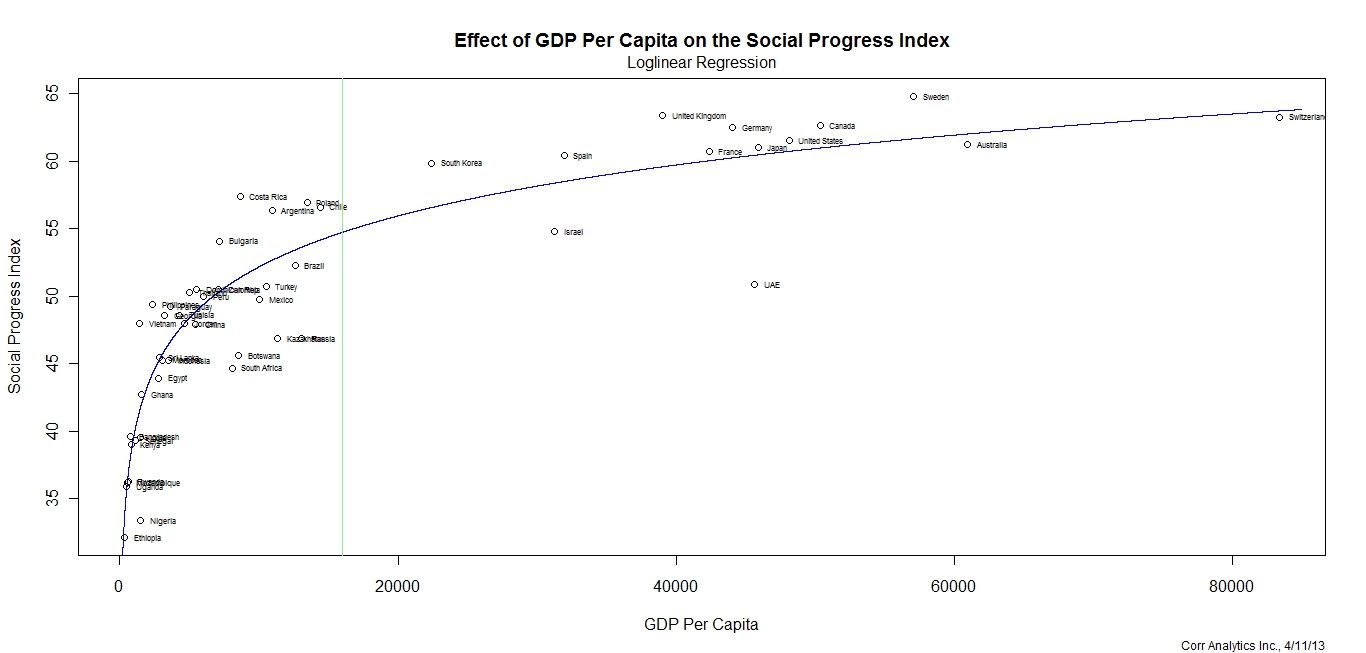Journal of Political Risk, Vol. 1, No. 1, May 2013.
By Anders Corr, Ph.D.
Russia has deployed at least a dozen warships near the coast of Syria in the past few months, the largest Russian naval deployment since the end of the Cold War. Yesterday, Russia delivered sophisticated radar-guided Yakhont anti-ship cruise missiles to Assad’s Syrian forces. The Russian actions are strategically offensive to the United States, as well its European and Israeli allies. They are meant to dissuade Israel, the US, and Europe from increased involvement. The anti-ship weapons, in particular, are offensive weapons that could be used by Assad’s Syrian forces to attack NATO naval platforms necessary for intervention in Syria (WSJ, NYT).
Russian actions with respect to Syria complicate the war from a primarily internal issue, to one over international influence between aspirant global and regional hegemons. Because the weapons delivery could be seen to counter Western military actions in the region, they have already increased US congressional criticism of Russia. Such criticism will likely increase in future, especially if the weapons are used against Western assets. This strategic offense to Western military commanders will lead them to more strongly support military options. Ironically, the Russian action increases pressure on Western political leaders to order intervention. Continue reading


